Judy Blume & The Battle Against Book Censorship
Mental Health For Young Adults
Judy Blume's support of literary expression amongst young adult readers improves teenagers' confidence in their identities.
"Dear Judy, I don’t know how, but you were able to see me for the kid I was. Your words and characters spoke to me in a way few real, actual people did. Somehow you understood my struggles, my complicated feelings, my gross desires, and my secret shames. You recognized my friendships, my crushes, my little moments of joy. You answered questions I didn’t yet know how to ask. You gave reassurance on many an angsty, lonely night. I held your books close to my heart and knew I wasn’t alone. Thank you. Thank you for that."
~ Raina Telgemeier, best-selling author and illustrator
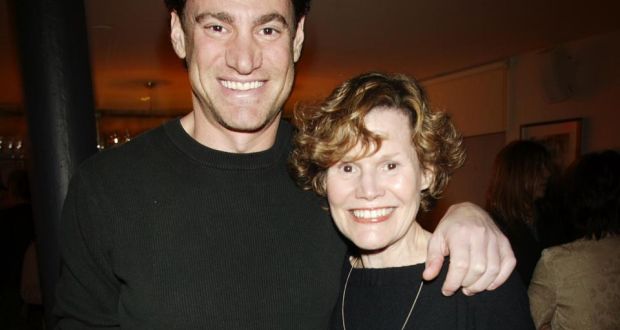
Bloomsbury Circus
Her books are beneficial to youth because the mental health of young readers is positively impacted as their experiences are reflected in Judy Blume’s books.
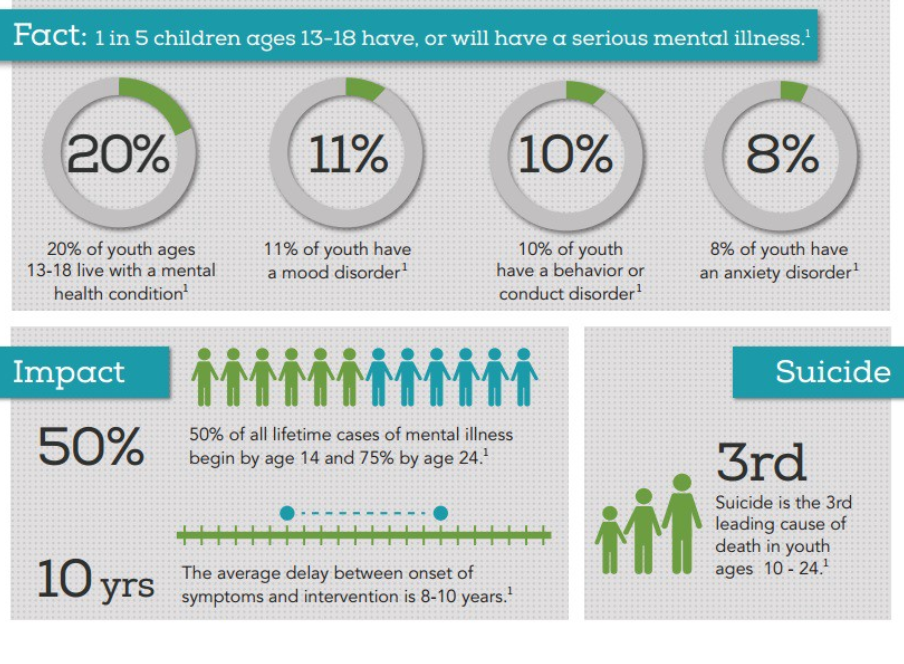
"[Teen] mental health recovery narratives are often shared in peer support work and antistigma campaigns... In total, 8137 articles were screened. Five articles were included. Forms of impact were connectedness, understanding of recovery, reduction in stigma, validation of personal experience, affective responses, and behavioural responses. Impact was moderated by characteristics of the recipient, context, and narrative... Mental health recovery narratives can promote recovery. "
~ Experiment conducted by the National Library of Medicine
Studies have shown that youth’s mental health and view on the world can be influenced positively through books that explore topics relatable to themselves.
Apart from writing about common experiences during puberty, Blume has also promoted inclusiveness and increased acceptance of different communities through writing books about diverse characters outside the status quo.
"I did . . . when he took me home from the party and kissed megoodnight on the cheek I came right out and asked him, Artie, are you queer?”
“He said, I don’t know, Erica, but I’m trying to find out.”
~ Excerpt from Blume's Forever (1975)
Blume’s book Forever (published 1975) includes a gay character who ends up being supported by his community.
Students have taken a large part in founding the Gay-Straight Alliance (GSA), which has advocated for equity and justice in schools since the 1980s, a few years after Forever was published.
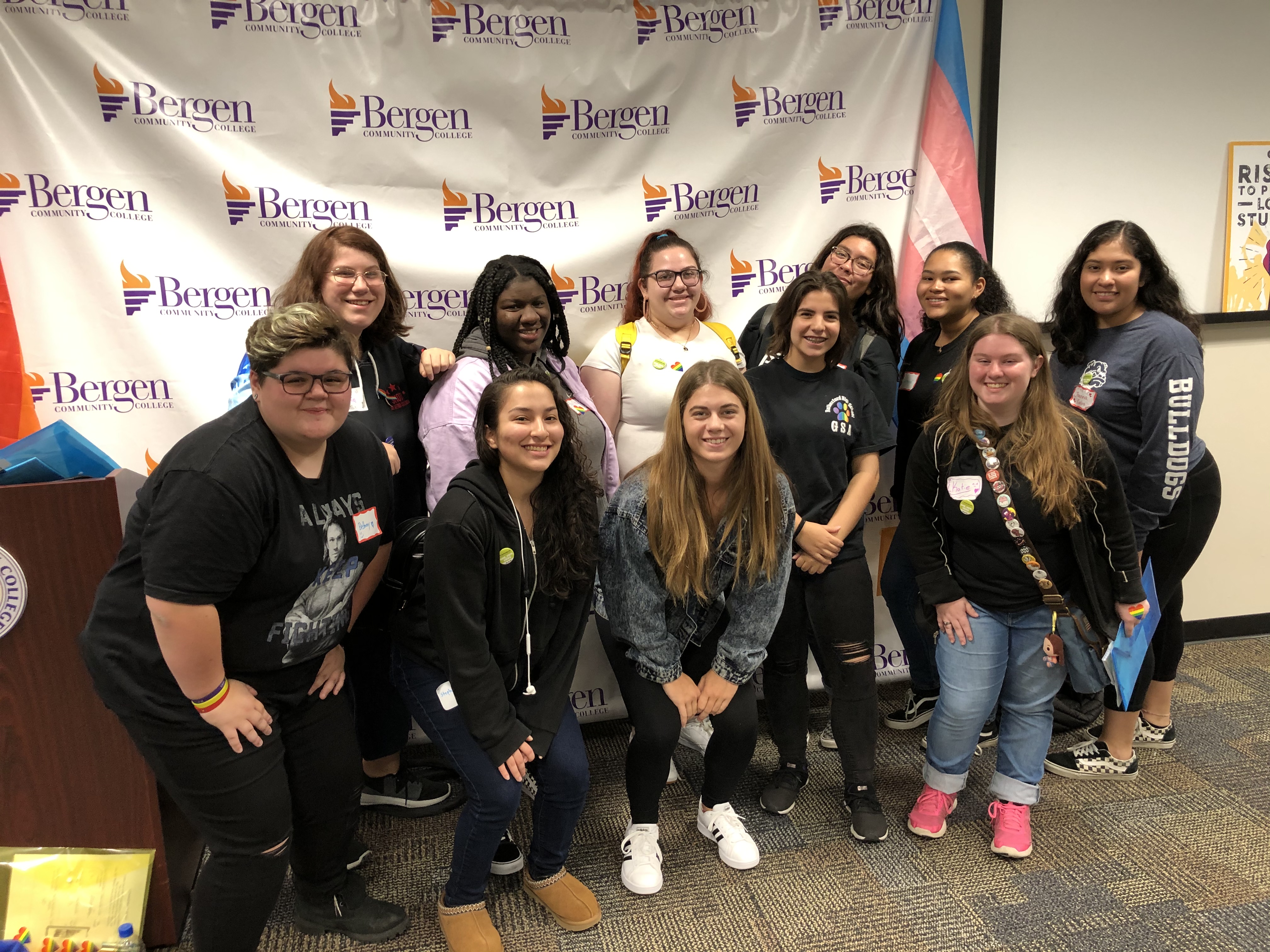
Photo: Rutherford Public Schools
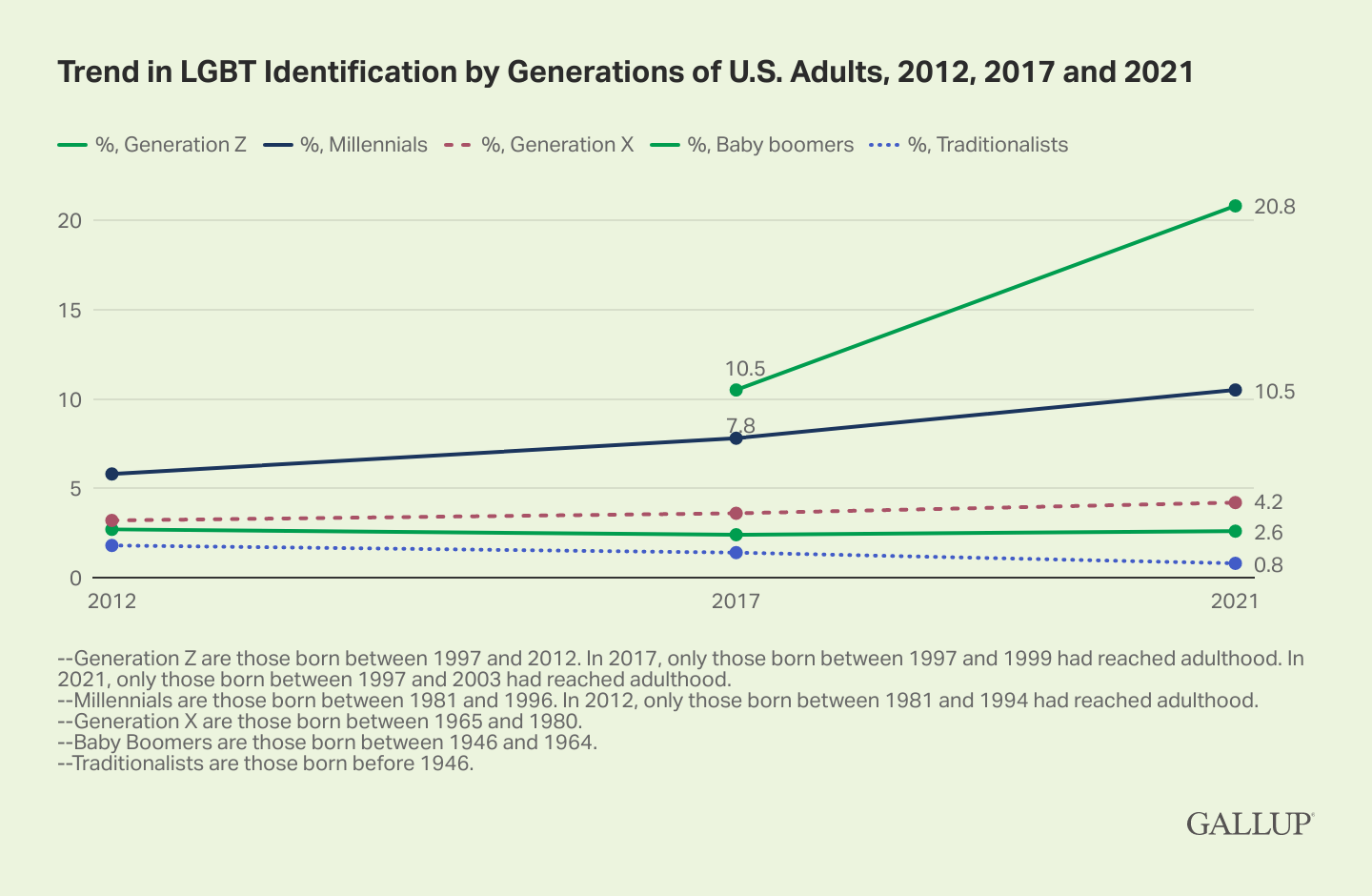
Gallup News
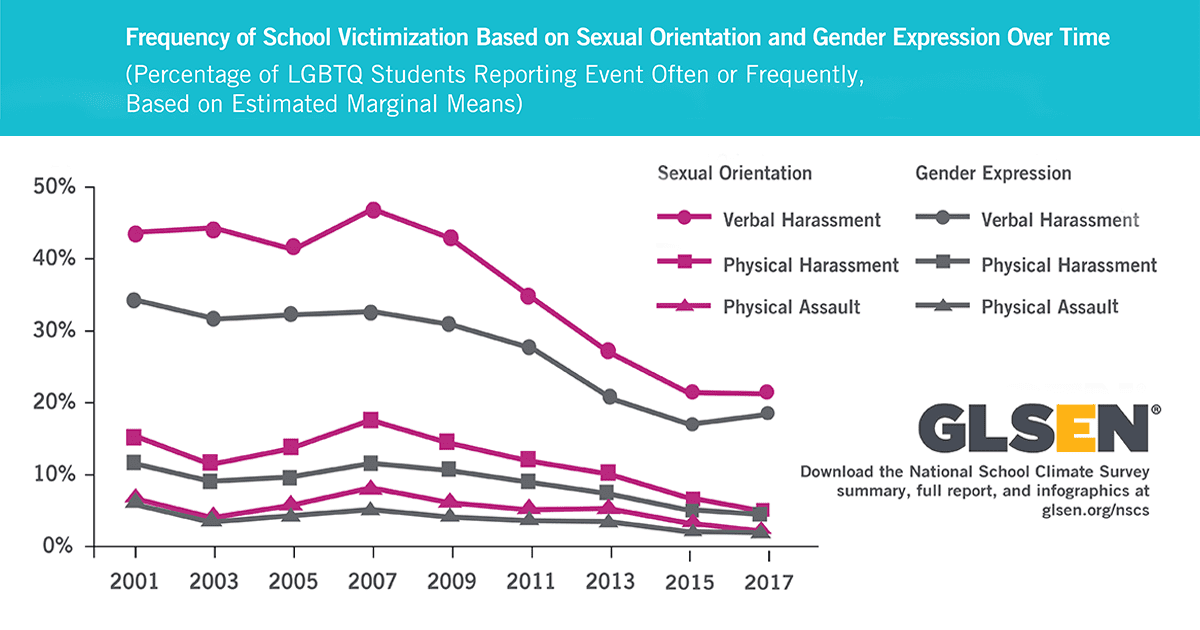
The Education Trust
Throughout her debate against the conservative movement and book censorship, Judy Blume was amongst the first authors to advocate for young adult fiction that includes topics regarding puberty and sexuality to be accessible and she continues to top lists as children continue to read her books.
“…but I confess that I choose Blume's realism. Has anyone wondered why Harper Lee, J. D. Salinger and S. E. Hinton all continue to be enormously popular... It is because their novels are that rarest of species, realism for young people. "
~ Mark Oppenheimer, a Mellon Fellow in American religious history at Yale University, New York Times
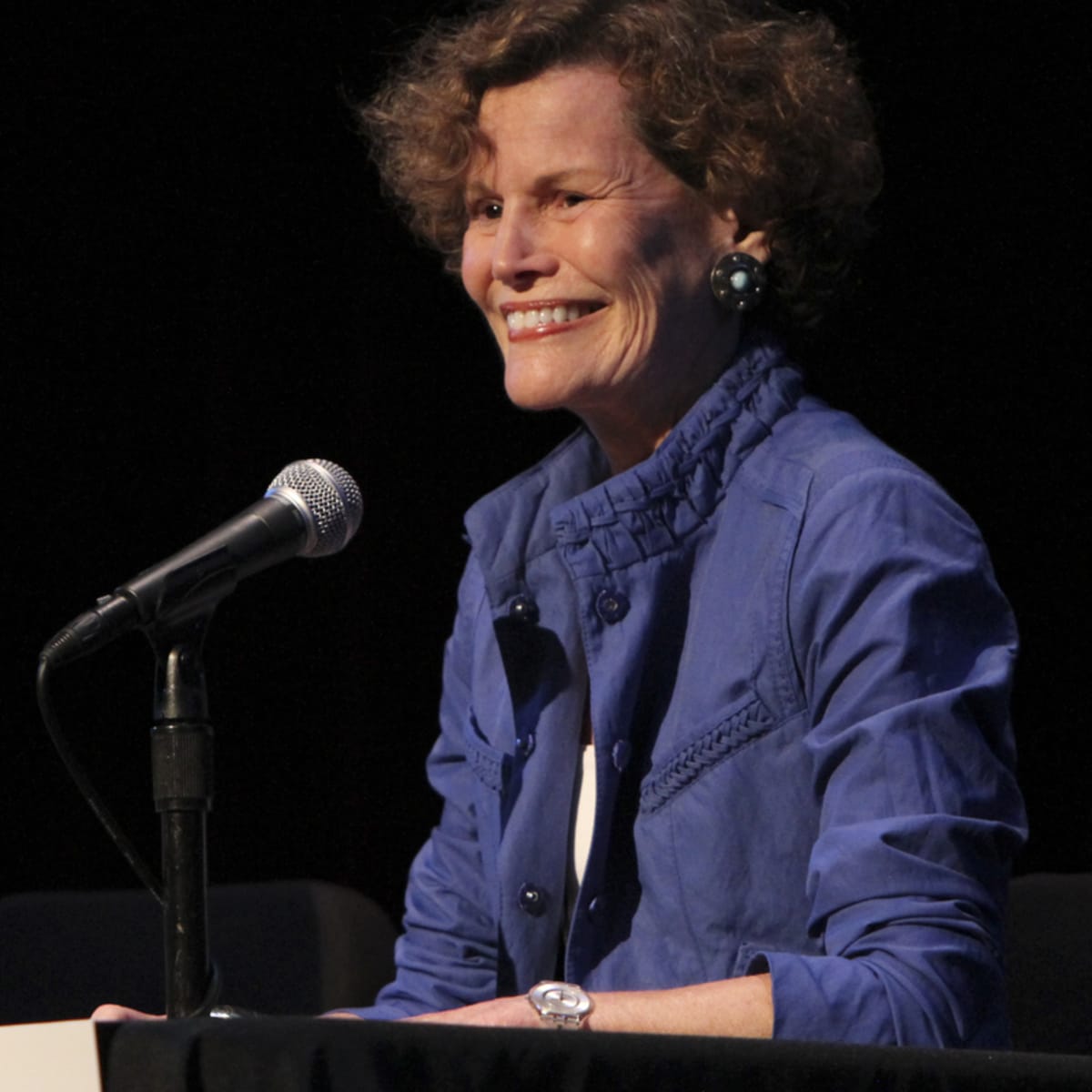
"Judy Blume at 2012 Los Angeles Times Festival of Books", Pacific Standard

excerpt from Forever by Judy Blume
"Arguably, Forever’s influence is so powerful it was almost the first and last word on teen sex... In fact, I think it’s fair to say that no novel since Forever has tackled virginity quite so comprehensively for young adults... Initially Toria and Nico [in the novel All of the Above] too rolled off to have sex off-page before I realised that if Judy could go there, so should I... We, as authors and publishers, owe it to them [teenagers] to paint sex as it really was. As it really is."
- Author James Dawson, "Judy Blume's Forever: the first and last word on teen sex?"
"Judy Blume’s books taught me to take young people’s—and especially young girls’—experiences and feelings seriously. In turn she taught me to take my own ideas seriously. So much of our culture teaches us that young women’s thoughts are frivolous, silly, not worthy of serious attention; that the real and important work of our society happens in the world of adult men. Judy Blume’s books unapologetically center young women’s experiences of the world—their thoughts, fears, and feelings. She’s given me the courage to do the same in my own writing.
~ Marisa Crawford, writer and editor
"Judy Blume", a song by famous singer-songwriter Amanda Palmer, on how Judy Blume's books and characters influenced her as she grew up
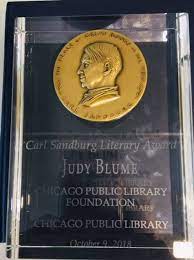
"The Carl Sandburg Literary Award honors an author whose significant body of work has enhanced the public's awareness of the written word."
~ Chicago Public Library Foundation Awards
"Judy Blume is the recipient of the 1996 Margaret A. Edwards Award. This award honors an author whose books have appealed to young adults over a period of years. It recognizes an author's work in helping adolescents become aware of themselves and in addressing questions about their role and importance in relationships, society, and in the world... The appeal of the book [Forever] is fresh and continuous because everyday someone, somewhere finds a first love.
~ American Library Association
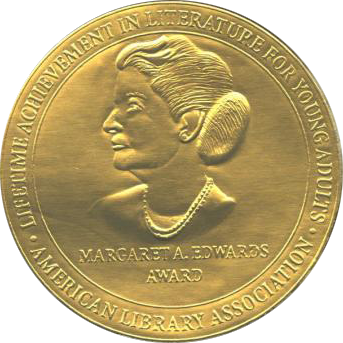
"The Margaret Edwards Award"
Hoover Library at McDaniel College
"In 1975, when the heroine of ''Forever'' decided to go on the pill, the book was daring. Now it is quaint. But it is precisely that quaintness that allows us to recognize Judy Blume properly. In this age of ''Heather Has Two Mommies,'' we clearly live after the flood.
We might pause to thank the author who opened the gates."
~ Mark Oppenheimer, author and Mellon Fellow at Yale University in "Why Judy Blume Endures", New York Times
Our Research >